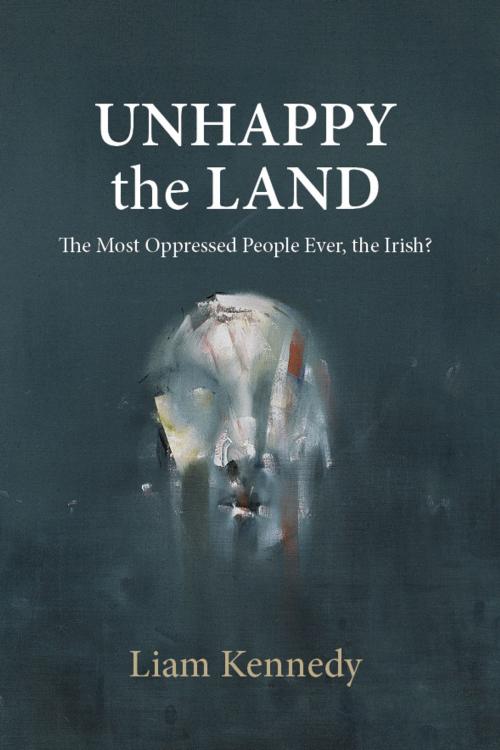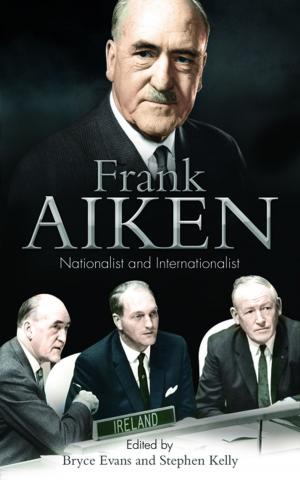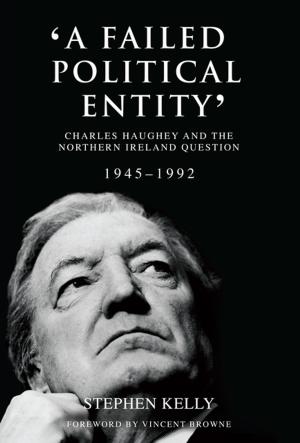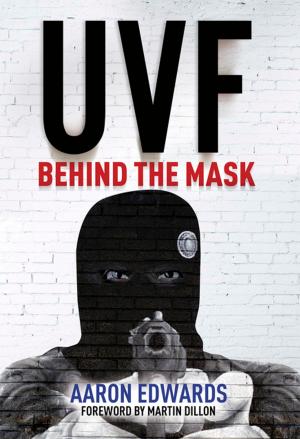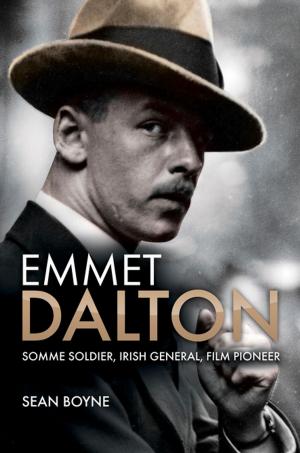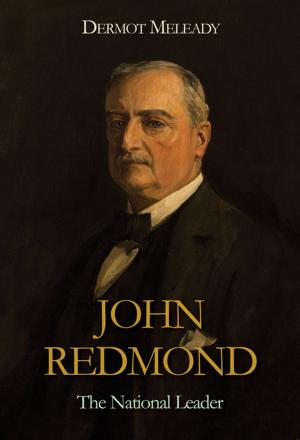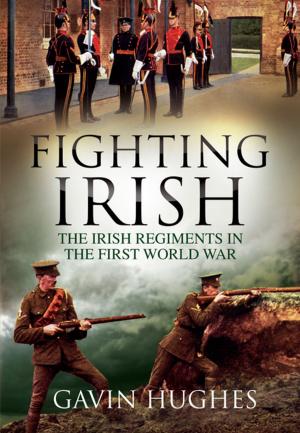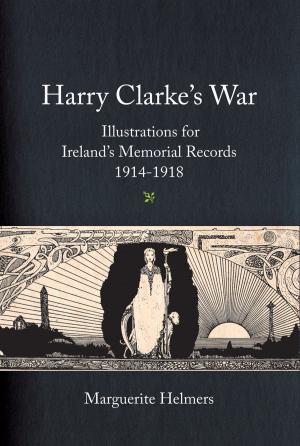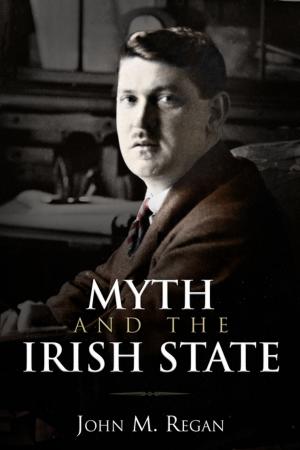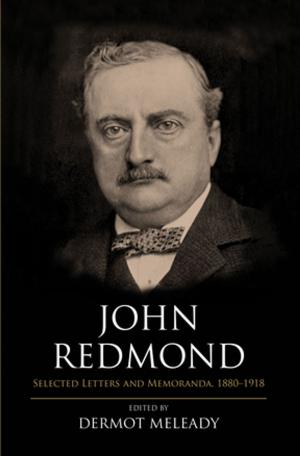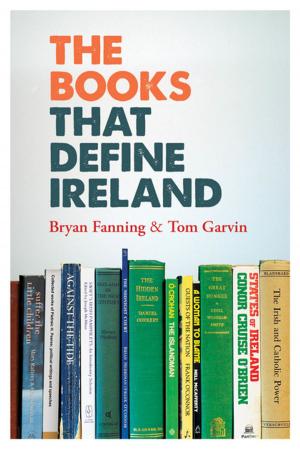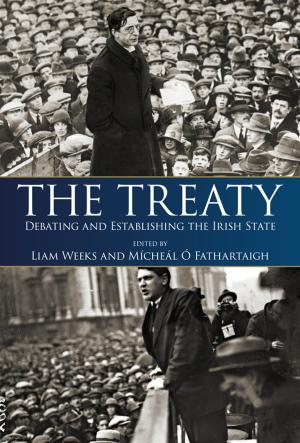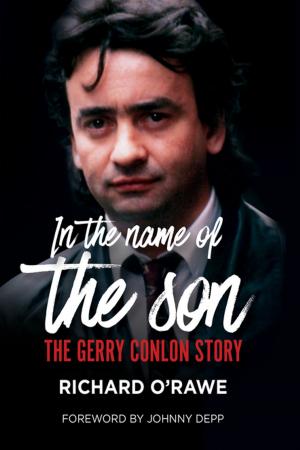Unhappy the Land
The Most Oppressed People Ever, the Irish?
Nonfiction, History, Ireland, Social & Cultural Studies, Social Science, Sociology| Author: | Liam Kennedy | ISBN: | 9781785370472 |
| Publisher: | Irish Academic Press | Publication: | October 26, 2015 |
| Imprint: | Merrion Press | Language: | English |
| Author: | Liam Kennedy |
| ISBN: | 9781785370472 |
| Publisher: | Irish Academic Press |
| Publication: | October 26, 2015 |
| Imprint: | Merrion Press |
| Language: | English |
In Unhappy the Land Liam Kennedy poses fundamental questions about the social and political history of Ireland and challenges cherished notions of a uniquely painful past. Images of tragedy and victimhood are deeply embedded in the national consciousness, yet when the Irish experience is viewed in the larger European context a different perspective emerges. The author’s dissection of some pivotal episodes in Irish history serves to explode commonplace assumptions about oppression, victimhood and a fate said to be comparable ‘only to that of the Jews’. Was the catastrophe of the Great Famine really an Irish Holocaust? Was the Ulster Covenant anything other than a battle-cry for ethnic conflict? Was the Proclamation of the Irish Republic a means of texting terror? And who fears to speak of an Irish War of Independence, shorn of its heroic pretensions?
Kennedy argues that the privileging of ‘the gun, the drum and the flag’ above social concerns and individual liberties gave rise to disastrous consequences for generations of Irish people. Ireland might well be a land of heroes, from Cúchulainn to Michael Collins, but it is also worth pondering Bertolt Brecht’s warning: ‘Unhappy the land that is in need of heroes.’
In Unhappy the Land Liam Kennedy poses fundamental questions about the social and political history of Ireland and challenges cherished notions of a uniquely painful past. Images of tragedy and victimhood are deeply embedded in the national consciousness, yet when the Irish experience is viewed in the larger European context a different perspective emerges. The author’s dissection of some pivotal episodes in Irish history serves to explode commonplace assumptions about oppression, victimhood and a fate said to be comparable ‘only to that of the Jews’. Was the catastrophe of the Great Famine really an Irish Holocaust? Was the Ulster Covenant anything other than a battle-cry for ethnic conflict? Was the Proclamation of the Irish Republic a means of texting terror? And who fears to speak of an Irish War of Independence, shorn of its heroic pretensions?
Kennedy argues that the privileging of ‘the gun, the drum and the flag’ above social concerns and individual liberties gave rise to disastrous consequences for generations of Irish people. Ireland might well be a land of heroes, from Cúchulainn to Michael Collins, but it is also worth pondering Bertolt Brecht’s warning: ‘Unhappy the land that is in need of heroes.’
